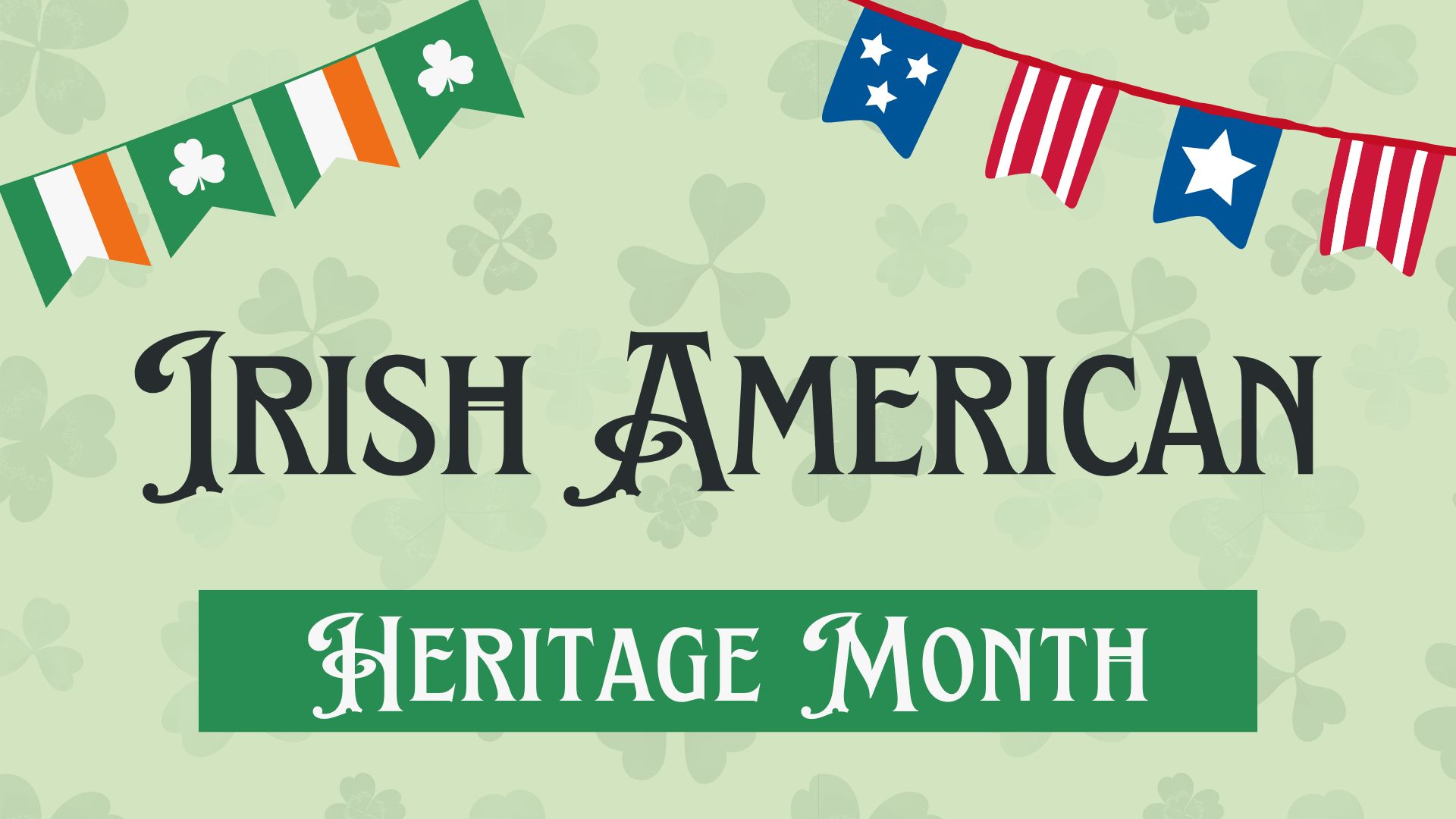From 1991 to 2024, presidents of both parties have proclaimed Irish American Heritage Month in March. They recognize the profound impact of Irish immigrants and call on all Americans to celebrate their achievements.
The story of the Irish in America is not just an Irish story—it is an American story. It is the quintessential immigrant narrative, setting the template for later waves of immigrants.
It speaks to themes still relevant today: the struggle against oppression and the quest for freedom, the power of perseverance, and the ongoing fight for fair recognition.
The Irish arrived in America starving, desperate, and unwelcome. They fought valiantly in its wars, yet for years were told they were not truly American. Their faith and culture were used as reasons for scorn. Still, they endured. Cut off from Ireland by an ocean and excluded from mainstream America by prejudice, Irish immigrants forged a new identity, one that made their children and grandchildren successful in every field of endeavor.
Despite greater success, Irish-born Commodore John Barry was overshadowed by John Paul Jones, whose Scottish heritage was more palatable to early historians. How many realize the Irish, driven by starvation and British neglect, built America’s canals, railroads, and cities?
Or that tens of thousands fought in the Civil War, only to be met with ‘No Irish Need Apply’ signs and the poisoned pen of Thomas Nast, who claimed they could never be ‘loyal Americans,’ an accusation JFK still faced a century later?”
They made Irish-American” into a badge of pride. Like the tracks they laid that spanned a continent, the contributions of Irish Americans extend beyond their communities to people of all heritages.
However, that pride and identity may be fading, making recognition of Irish American Heritage Month more crucial than ever.

